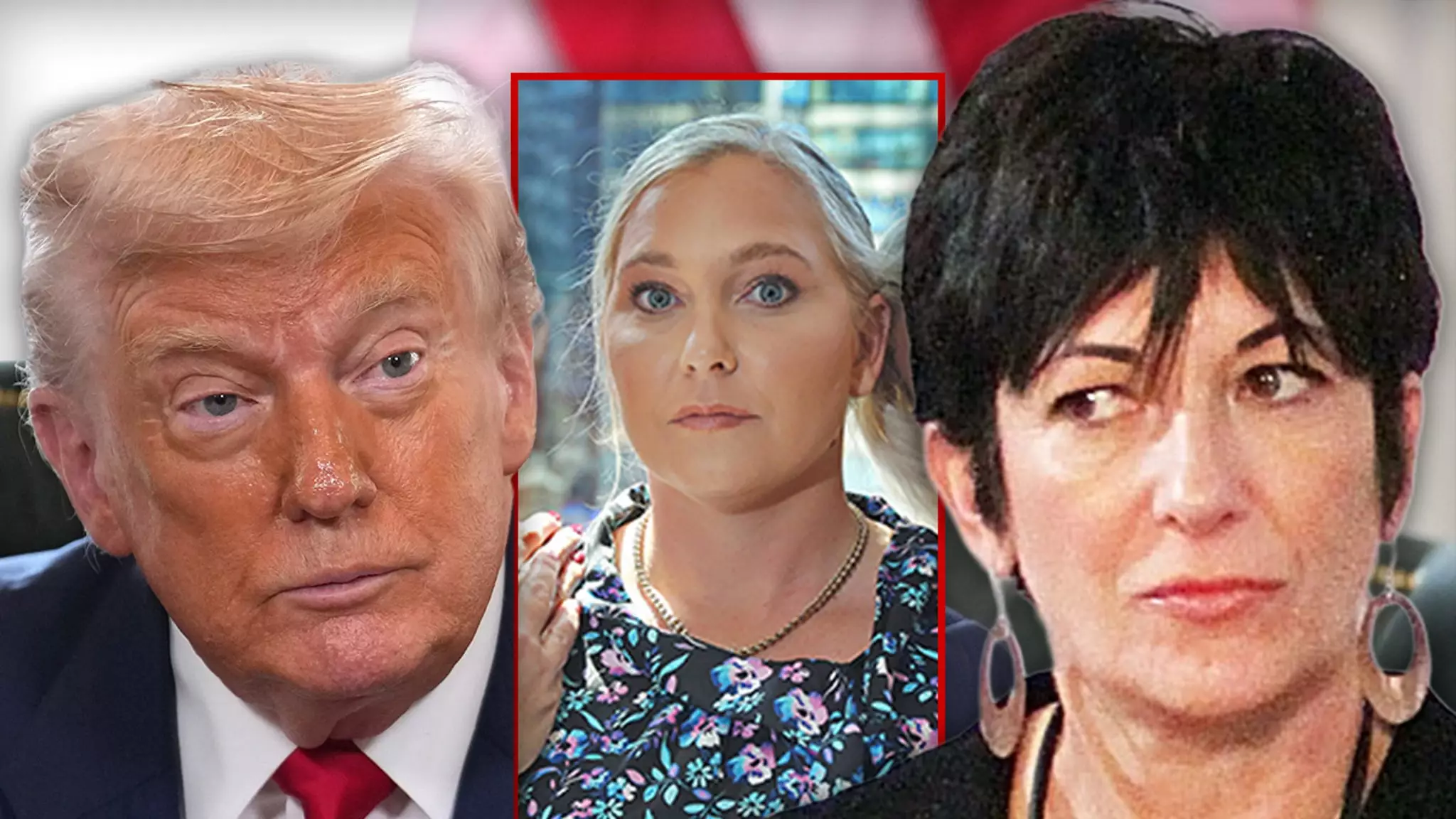The recent statements by Virginia Giuffre’s family cast a glaring spotlight on the murky relations between prominent figures and Jeffrey Epstein’s criminal network. When President Donald Trump remarked that Epstein “stole” Virginia from Mar-a-Lago, it wasn’t just a casual comment; it became a focal point for deeper scrutiny. This statement prompts an urgent reflection on the extent of Trump’s knowledge regarding Epstein’s illicit operations. Was his depiction of Virginia as a mere employee, or was he intentionally dismissing the gravity of her exploitation? His casual reference to Virginia’s supposed lack of complaints dismisses the traumatic reality she and countless others endured. It reveals an underlying skepticism about the President’s grasp of, or willingness to acknowledge, the depths of Epstein’s depravity.
Virginia’s family responded with justified outrage, questioning whether Trump truly was clueless about Epstein’s criminal activities. Their statement suggests they find it hard to believe that someone with close interactions with Epstein could be completely oblivious to his sinister actions. It’s a plea for accountability—a demand to establish whether those in power had knowledge and chose to turn a blind eye. The family’s call for answers underscores the necessity of transparency in understanding how Epstein’s network thrived amidst supposed global vigilance.
Family’s Call for Justice and Impact of Virginia’s Tragic Death
Virginia Giuffre’s tragic death by suicide in April at just 41 compounds the urgency for justice. Her family’s emotional appeal for accountability extends beyond mere vilification of individuals like Ghislaine Maxwell, whom they label as a “monster.” They emphasize that her crimes inflicted profound suffering not just on Virginia but potentially on thousands of other survivors. Their plea against presidential pardons for figures associated with Epstein’s network reveals a desire for a moral reckoning—an insistence that justice must be served regardless of the political or social stature of the accused.
The family’s public statements serve as a stark reminder of the ongoing consequences faced by victims of Epstein’s trafficking ring, as well as the societal failure to protect them. They push for accountability not only in terms of legal justice but also as a moral imperative—ensuring such horrors are never repeated. Their call for truthfulness from powerful figures highlights a broader question about the willingness of the global elite to confront uncomfortable truths about their associations and the extent of their complicity.
Implications for Public Discourse and Justice
This controversy underscores the fragile nature of truth in cases shrouded in secrecy and the challenge of holding influential figures accountable. The assertions by Virginia’s family evoke broader societal debates about systemic neglect and the importance of survivor voices. Public trust hinges on transparency, and dismissive remarks by leaders only deepen public skepticism. By scrutinizing these narratives, society is compelled to question whether justice is truly attainable in cases involving the powerful, or if political and social cover-ups continue to hinder the pursuit of truth.
In essence, the case of Virginia Giuffre symbolizes a battle for acknowledgment—a fight to ensure victims are seen, heard, and vindicated. Her family’s unwavering demand for answers embodies a collective necessity to confront the uncomfortable realities of abuse, particularly when they involve figures who are supposed to serve the public good. The ongoing dialogue reflects an awakening to the importance of transparency and the moral obligation to pursue accountability, regardless of the cost.

